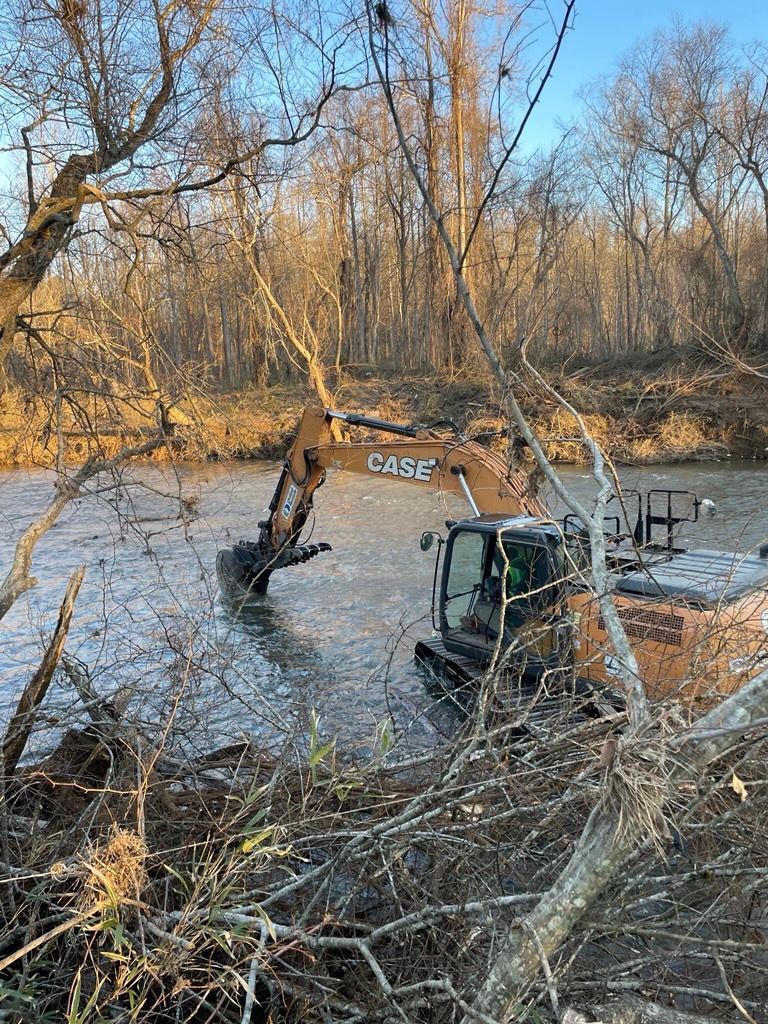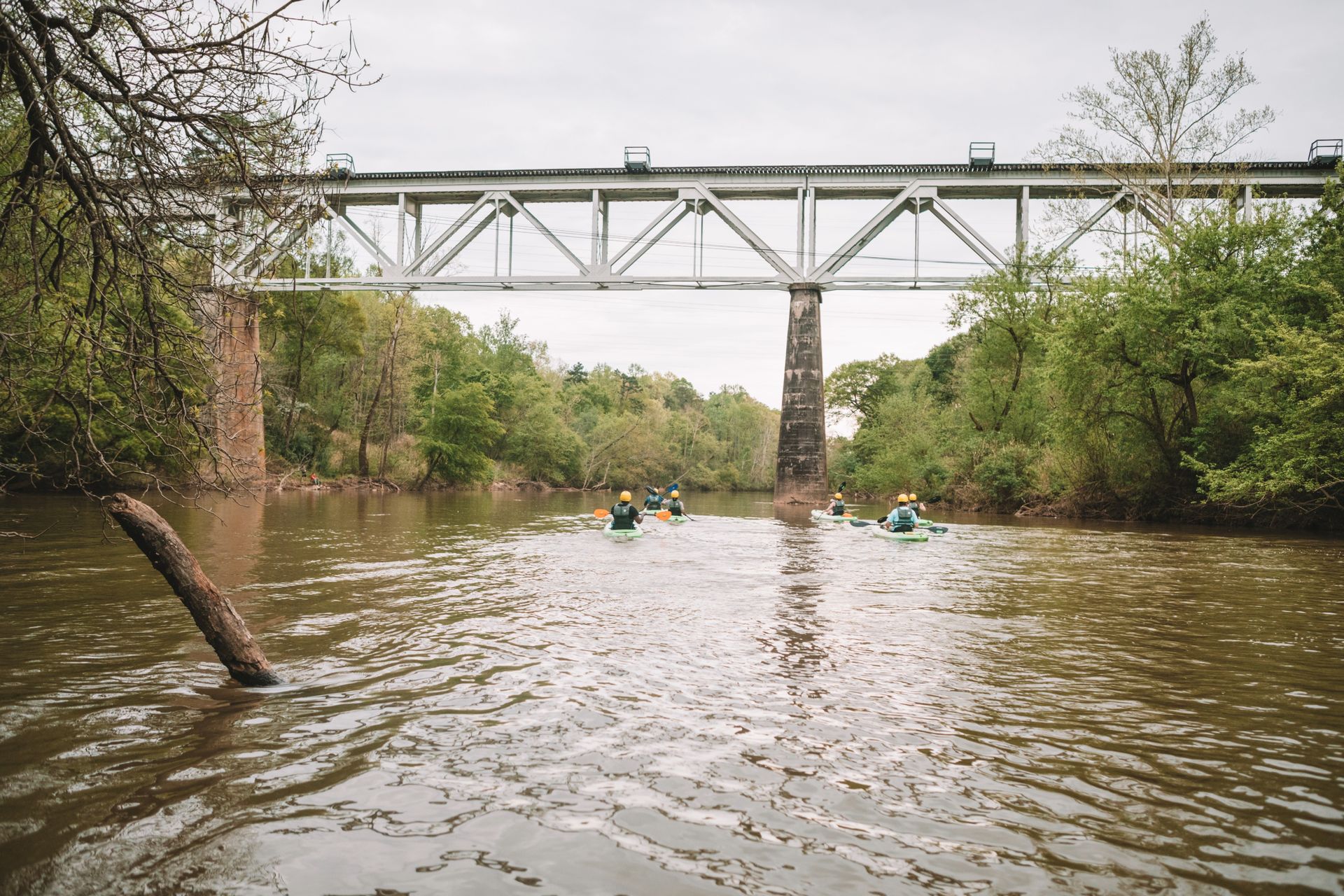Community Power in Action: Southern Basin Clean-Up Efforts
Back-to-back weekend cleanups prove there is power in community.
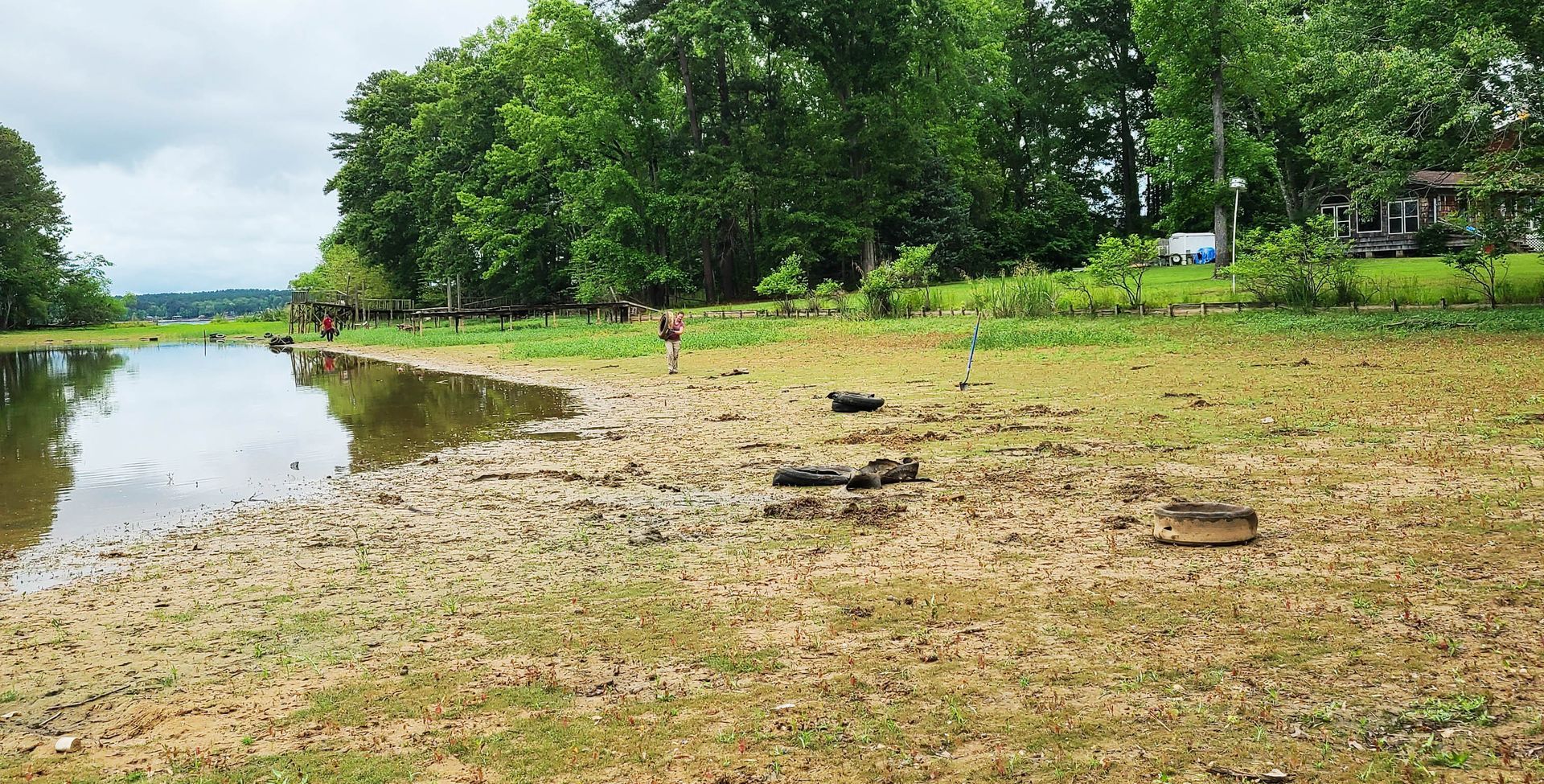
Community partnerships and collective action can create a powerful force for positive change! A few weekends ago, the Southern Basin of the Catawba River witnessed two remarkable clean-up events that brought together dedicated volunteers from various backgrounds. From tire removals to a river cleanup, these efforts showcased the strength of collaboration and a commitment to environmental stewardship. Let's delve into the details of these inspiring initiatives and the impact they had on the community.
Saturday Clean-Up: Tackling Legacy Trash
At a cove off of Bird Island Road in the Lake Wateree area, a tactical clean-up operation took place to address the longstanding issue of discarded tires. These tires, likely remnants from the 70s or 80s, were initially intended as fish habitats or catfish traps. With previous attempts to remove them deemed unfeasible due to water levels, the current low water levels, caused by current Lake Wateree Dam repairs and updates, presented a unique opportunity for a more thorough clean-up.
A team of seven dedicated volunteers, including six members of the newly formed Tactical Tire Brigade, along with two staff members, came together to address the issue. Despite the challenging task, the group succeeded in removing a staggering total of 303 tires, weighing in at 9,605 lbs. Additionally, they collected 675 lbs of additional trash, resulting in a remarkable total of 10,280 pounds of waste cleared from the cove. This clean-up effort was crucial, as water levels are expected to return to normal next year after the dam repairs and updates are completed.
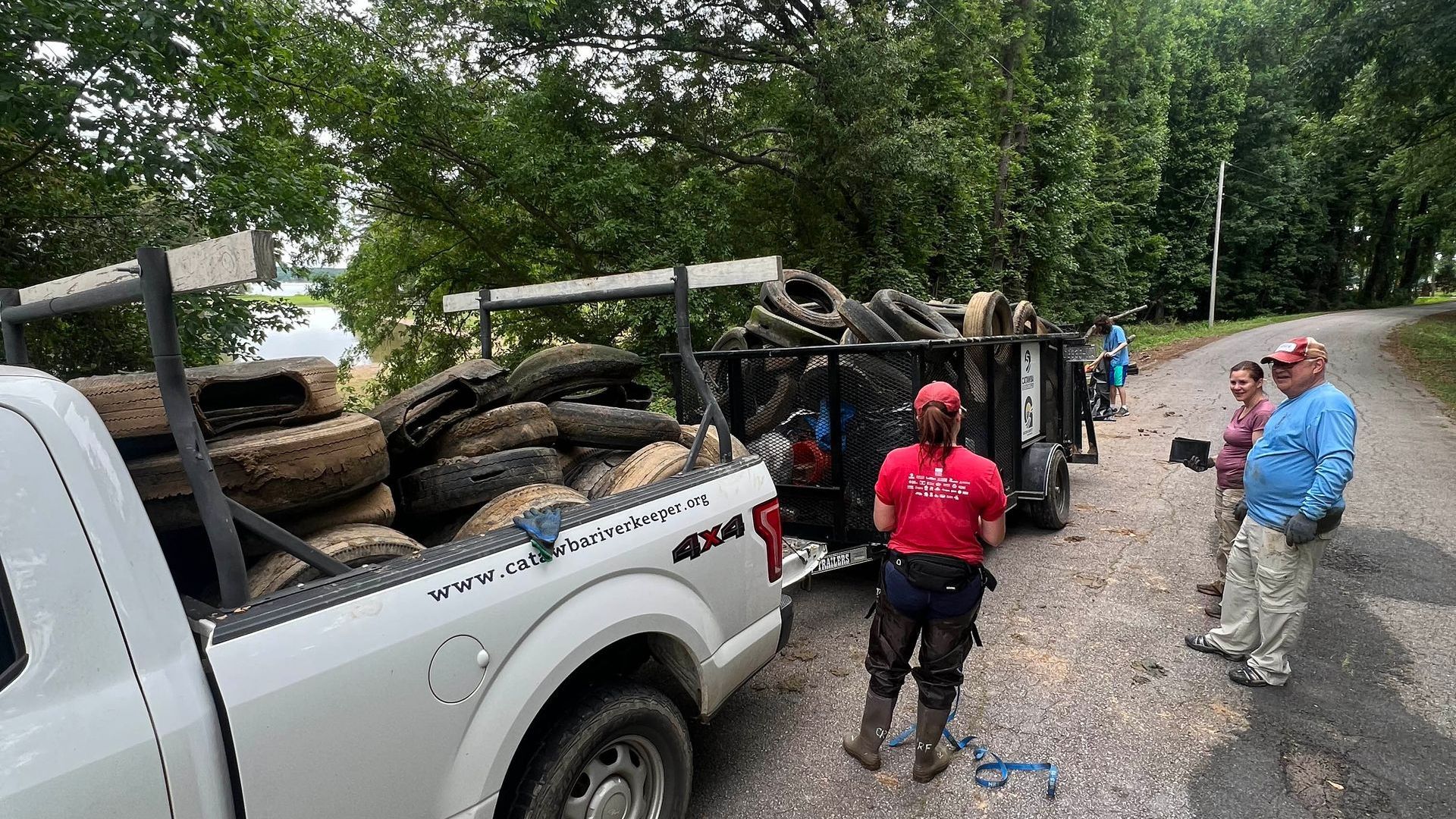
Sunday Clean-Up: Unity and Cultural Appreciation
The following day, a diverse group assembled for a clean-up initiative led by the Catawba Nation and Synchrony, as part of Synchrony's Diversity Networks+ program. Remote workers from different locations, some traveling up to two hours, came together to participate in this impactful event. This gathering allowed team members to meet one another and unite in their dedication to environmental conservation.
The clean-up began with a 7-mile paddle on the water, starting at River Park in Rock Hill and concluding at the Catawba Nation boat launch. As they paddled, participants discovered a large collection of deflated tubes washed up on Goat Island in the middle of the river. With a later start time, but happening concurrently, the land portion of the clean-up took place along the Catawba Greenway, further enhancing the effort's scope.
After the clean-up, members of the Catawba Nation came together to perform a traditional song, highlighting the cultural significance of the river and the importance of preserving tribal lands. The event fostered a sense of unity, with people from diverse backgrounds joining forces for a common purpose. First-time kayakers who had participated in the 7-mile trash paddle left the water inspired, ready to share their stories and encourage others to engage in similar projects.
These Catawba River clean-up initiatives in our Southern Basin exemplify the power of community collaboration and the importance of environmental responsibility. Through the tireless efforts of volunteers, legacy trash was removed, and a sense of unity was fostered. By coming together and dedicating their time and energy to safeguarding the environment, participants showcased their commitment to creating a better world. Let us be inspired by these remarkable endeavors and continue to take action in preserving our natural treasures.
*To explore the rich heritage and traditions of the Catawba Nation, we invite you to visit the Catawba Nation Cultural Center. Here, you can delve into the fascinating history, vibrant art, and compelling stories of the Catawba Nation. Learn about their deep connection to the river and gain a deeper appreciation for the land they cherish.

